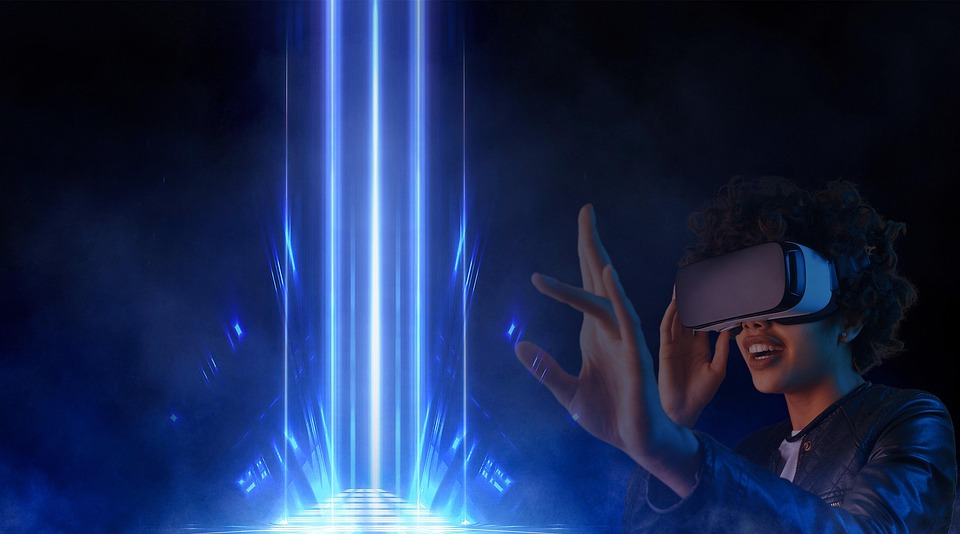In a world increasingly marked by technology and digital interactions, simulation games have emerged not merely as sources of entertainment but as intricate tools that offer profound insights into our everyday lives. From bustling cityscapes in city-building games to the nuanced dynamics of interpersonal relationships in life simulators, these games are reshaping our understanding of reality, providing players with opportunities to explore, experiment, and engage with complex social systems.
The Evolution of Simulation Games
Simulation games have evolved dramatically since their inception. What began with simple titles like "SimCity" and "The Sims" has transformed into a vast universe of gaming experiences that delve into various aspects of life and society. These games utilize sophisticated algorithms and realistic graphics to create compelling environments where players can craft narratives, make decisions, and navigate challenges that mirror real-world scenarios.
As technology advances, the realism of simulation games has improved, allowing for deeper player immersion. Virtual reality (VR) and augmented reality (AR) technologies are now redefining the landscape, making experiences more vivid and engaging. Players can step into the shoes of different characters and explore various realities, sharpening their understanding of the complexities of human behavior and societal interactions.
Learning Through Experimentation
One of the most significant contributions of simulation games is their capacity for experiential learning. Players engage with challenges and scenarios that require critical thinking, strategic planning, and decision-making. In city-building simulations, for instance, players grapple with economic principles, social dynamics, and environmental considerations all at once. This multifaceted engagement encourages players to think critically about the consequences of their actions in a controlled environment.
Games like "Kerbal Space Program" also illustrate complex scientific principles, such as gravity and orbital mechanics, while allowing players to experiment with real-world physics in ways that textbooks cannot simulate. Users learn through trial and error; they can launch rockets into space, fail spectacularly, and try again, facilitating a deeper understanding of both the mathematical concepts involved and the iterative nature of problem-solving.
Reflections of Society and Human Behavior
Simulation games often reflect societal structures and human behavior in ways that prompt players to examine their values and beliefs. "The Sims," a popular life simulation game, allows players to create and manage virtual households, exploring themes of family dynamics, social status, and personal ambition. Players can experiment with diverse lifestyles and relationships, fostering an understanding of various social structures and cultural dynamics.
Moreover, the storytelling possibilities within these games introduce ethical dilemmas and moral questions. Players frequently confront choices that mirror real-life decisions, prompting them to consider their values and the implications of their actions. By navigating these choices, players develop empathy and critical awareness, gaining insight into the attitudes and behaviors that shape our society.
Community Engagement and Collaboration
Simulation games also foster community engagement and collaboration, allowing players to share their experiences and insights through online platforms. Multiplayer simulation games, such as "Animal Crossing: New Horizons," encourage social interaction among players, facilitating communal experiences that transcend geographical boundaries. In these virtual environments, players collaborate on projects, share resources, and exchange ideas which can lead to a greater appreciation of diversity and the importance of cooperation in real life.
As players connect and collaborate, they also discuss broader societal issues, from environmental stewardship to economic policies, translating their virtual experiences into conversations about the realities we face in our communities. This participatory aspect of simulation games can galvanize players to become more engaged in their local and global communities.
The Future of Simulation Gaming
As technology continues to advance, the potential for simulation games to influence our understanding of reality is bound to grow. Emerging trends in AI and machine learning could lead to games that adapt dynamically to player choices, providing even more personalized experiences that challenge expectations and foster deeper reflections on everyday life.
Educational institutions are already beginning to recognize the value of simulation games as teaching tools. Integrating these games into curricula can help students understand complex subjects while encouraging engagement and motivation.
Conclusion
Simulation games are redefining the way we engage with reality, offering players an immersive and interactive lens through which to examine the world around them. Through experimentation, reflection, and community building, these games are not merely ways to pass the time; they are powerful tools that shape our understanding of the everyday. As we look to the future, the impact of simulation gaming on our lives will continue to grow, providing new insights into the intricacies of society, human behavior, and the challenges we face together. In this reimagined reality, players are not just observers but active participants in the world they help create.



